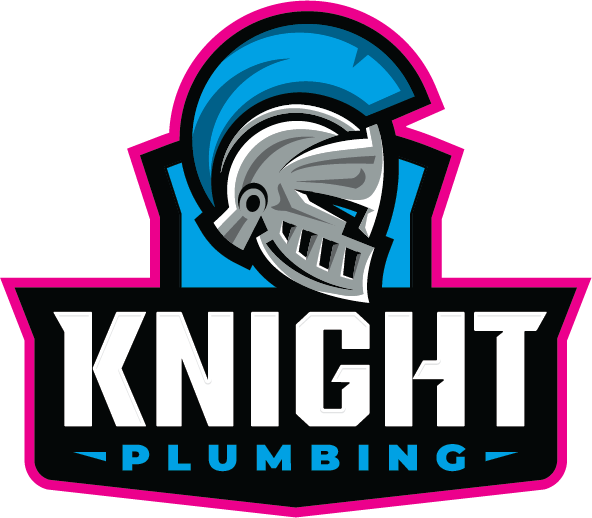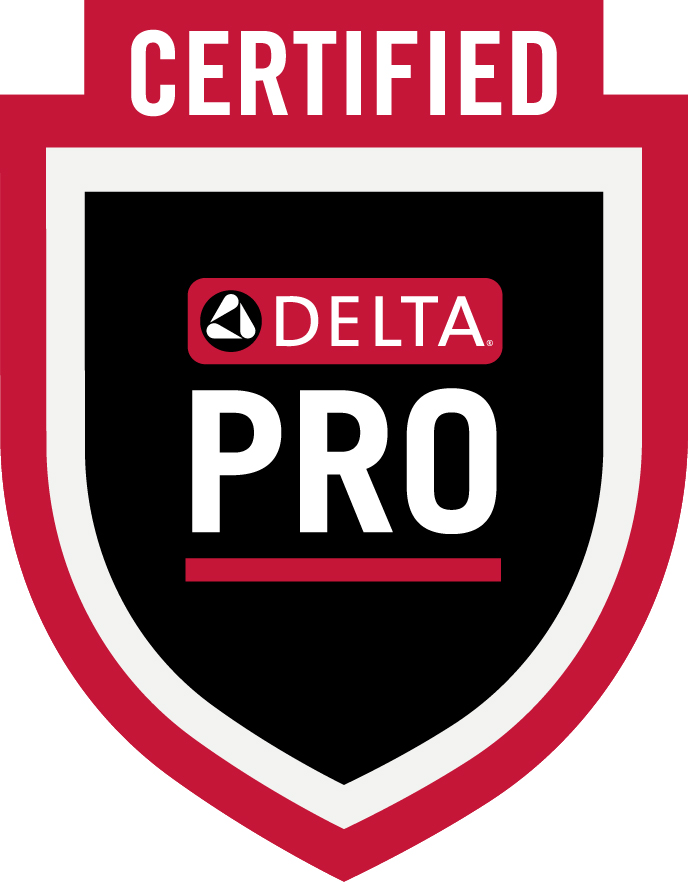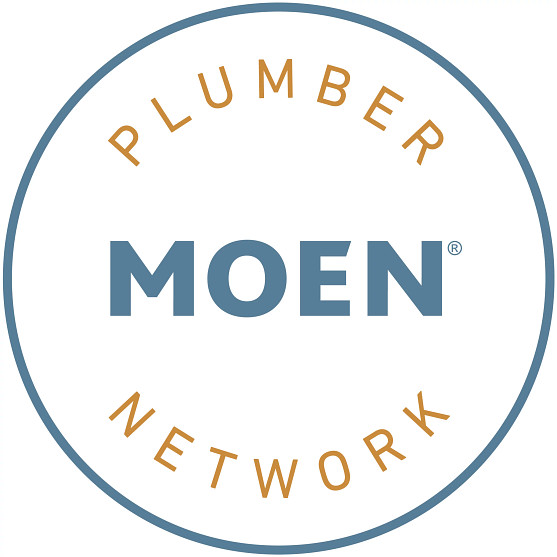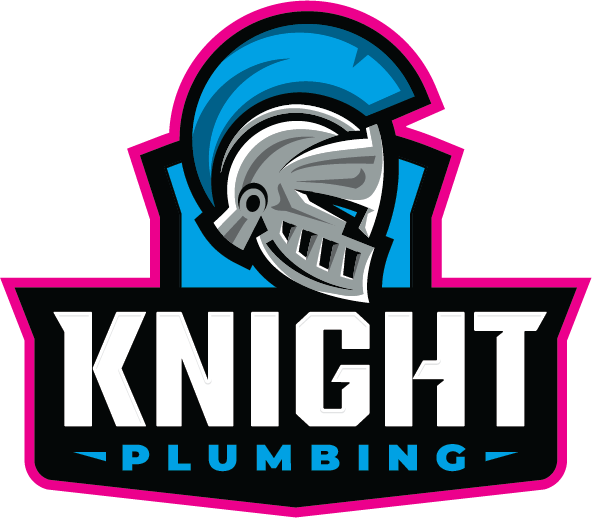GENERAL PLUMBING
1. What's the best way to prevent frozen water pipes during winter?
There are a few tricks for preventing frozen water lines. Make sure all garden hoses are disconnected & insulate any exposed pipes. During extreme cold events, leave faucets with a slow drip and open sink cabinet doors to allow more warmth into the cabinet.
2. My toilet is constantly running. What should I do?
A running toilet can be caused by a faulty flapper or misadjusted float. Check the seal on the flapper and adjust the float level to the proper position. If this does not stop the running, please consider giving us a call for further inspection.
3. Why does my water pressure seem low?
There are various things that can cause low water pressure, ranging from a bad PRV, partially closed valve, or even a clogged aerator or filter. Check that your main valves and stop valves are all fully open and clean any dirty aerators. Give us a call if you are still having issues after completing these tasks.
4. Is it ok to use chemicals to clean my drains?
Chemical drain cleaners can help but they can also damage your pipes. Try a mixture of baking soda and vinegar instead of the harsh chemicals. If you are still having issues, you may need a drain clean.
5. Why are my drains gurgling?
Gurgling drains typically mean that there is some kind of clog in the pipes, a blocked vent, or even improper drainage. If gurgling continues, give us a call to solve the mystery.
6. Where is my main valve?
It is crucial to know the location of your main water shut-off valve before an emergency occurs! It is most often in the same area where the water line enters the home. It could have a round handle (gate valve) or a lever handle (ball valve). It is also very important to know that this valve is still functional, as they do not get turned off very often. Test your valve BEFORE an emergency and get it replaced if it is functioning properly!
WATER HEATERS
1. Should I consider a tankless heater?
A tankless, or on-demand heater, is a great option for a continuous supply of hot water. They heat as they go rather than storing preheated hot water and are very energy efficient. However, they do have specific installation requirements and the cost will differ from a tank-type heater.
2. Do tankless heaters require maintenance?
Yes, it is very important to have your tankless heater flushed yearly to prevent scale buildup and ensure proper performance.
3. Why am I hearing strange noises coming from my tank-type water heater?
Sediment, malfunctioning heating elements, or even pressure issues can cause your water heater to make noises. If this problem persists, you should have this evaluated by a professional plumber. Give us a call :)
4. My water heater is leaking. What should I do?
Shut off the water supply to the heater. If your heater is electric, also unplug the unit. Contact Knight Plumbing immediately to assess the problem.
5. What is the average lifespan of a water heater?
A good quality tank-type heater can last 10-15 years if it is properly taken care of. A properly maintained tankless heater can last 20 years or more.
6. Why isn't my water getting very hot?
This can be caused by a buildup of sediment in the bottom of your tank-type heater, the temp setting on your gas valve, or a faulty thermostat on an electric heater. Check your temperature settings and let us know if you are still having a problem.
BATHROOM PLUMBING
1. My toilet runs after I flush it. Why?
A running toilet can be caused by a bad flapper or fill valve. Either one of these can cause the water to continue to flow into the tank.
2. Why am I seeing low water pressure in my bathroom?
Low pressure on a faucet could be a dirty aerator, clogged supply line, or cartridge issue. Try cleaning the aerator. Low pressure in the shower could be a cartridge issue or a clogged shower head. Let us know if you need help with this issue.
3. My bathtub water is not getting hot enough. What can I do?
Most often the temperature on a tub or shower is restricted to prevent scalding. Contact Knight Plumbing to make the proper adjustments.
4. Can I change out a toilet flapper by myself?
This is a task that you can probably handle. Turn off the water supply, flush the tank until it is empty, remove the flapper and take it to a hardware store to match up. Install the new flapper, turn the water back on and check for leaks.
KITCHEN
1. How do I prevent clogs in my kitchen sink?
The trash can should be your best friend! Avoid putting oil or grease, large food particles, or fibrous materials, like coffee grounds, down the sink drain. Use a sink strainer to catch waste and run hot water on a regular basis to help keep drains clear.
2. Why am I seeing water under my kitchen sink?
You could have a leak from your shut-off valves, your garbage disposal, or your drainage components. Call Knight Plumbing to come out and find the source of the leak.
3. How do I unclog a garbage disposal?
1st, don't use any chemicals in your disposer! Use the manufacturer-supplied allen wrench to try to break free the jam. Once the blades are moving again, turn on the cold water and run the disposal for 15 seconds to clear.
4. Why am I experiencing low water pressure on my kitchen faucet?
Low pressure on a faucet could be a dirty aerator, clogged supply line, or cartridge issue. Try cleaning the aerator. Let us know if you need help with this issue.
PIPE & FITTINGS
1. What are the different types of plumbing pipes?
Your home will have 3 types of piping: water supply, water drainage, and gas supply.
-
Water supply pipes are most often copper or PEX but can also be galvanized or CPVC.
-
Water drainage pipes can be ABS, PVC, copper, or cast iron.
-
Gas supply pipes are most often black iron or flexible, coated stainless steel.
2. Can I fix a leaking pipe joint on my own?
Most leaks are going to require contacting a professional plumber like Knight Plumbing LLC. Lines can be under pressure, require specialized tools, or previous experience in order to repair properly.
3. What is the purpose of a p-trap?
A p-trap is a U-shaped pipe assembly that you will find under your toilet, shower, kitchen sink, bathtub, etc. The shape of the trap holds water in the bottom of the "U" to prevent sewer gases from coming back into your home, causing bad odors. If you are smelling sewer gases in a rarely used sink or shower, try running a little water and see if the smell dissipates.
4. Should my home have a Pressure Relief Valve?
If the incoming water to your home is more than 75psi, it is important to have a properly functioning PRV. This device protects all of the pipes, faucets, and appliances in your home from the damages of high water pressure. Many manufacturers of plumbing items require a safe pressure to maintain the warranty on their products.
5. What's the best way to prevent frozen water pipes during winter?
There are a few tricks for preventing frozen water lines. Make sure all garden hoses are disconnected & insulate any exposed pipes. During extreme cold events, leave faucets with a slow drip and open sink cabinet doors to allow more warmth into the cabinet.
MAINTENANCE AND PREVENTION
1. How can I conserve water?
Installing a low-flow shower head can save gallons of water every time you use it! Make sure you run a full load in your dishwasher and washing machines. A simple faucet drip or running toilet can waste thousands of gallons per year. If you find a leak, give us a call to get it fixed ASAP.
2. How do I get the longest life out of my water heater?
The best option is to flush your water heater yearly. For a tankless water heater, the yearly flush & clean is A MUST!
3. The water pressure on my home seems high. What should I do?
High water pressure can cause damage to many parts of your plumbing system. It is important to have a pressure test done to find out if you need a new PRV. The PRV is there to protect and extend the life of your appliances, such as water heater, dishwasher, faucets, and shower valves.
4. How do I thaw frozen pipes?
If your water supply pipe has already frozen, you can apply soft heat such as a blow dryer or heating pad. Start near the closest faucet or valve and work your way to the freeze point.
5. What should I do to maintain my plumbing system?
Perform a visual inspection of any visible pipes on a regular schedule. Look for signs of leaks or corrosion. Avoid putting grease, large food scrapings, or non-flushable items into your system. We have never charged anyone to unclog a trash can and flushable wipes are NOT flushable! You can also give Knight Plumbing a call to come out and do an inspection for you :)
6. How should I prepare for an extended vacation?
If you do not have a smart water device such as the Flo by Moen, you should shut off your main water valve, turn down the temperature on your water heater to vacation mode, and go to the faucet or shower on the highest floor of your home and run water until you see a decrease in pressure.
IN CASE OF EMERGENCY
1. I have a burst pipe! What should I do?
Immediately turn off the water at your main valve to prevent more flooding. Open faucets to relieve pressure and water in the lines. You can try to catch the water in a bucket or towels and call Knight Plumbing immediately. A smart device can save you.
2. I smell gas in my house. What should I do?
If you notice a strong gas smell, exit the home immediately! Do not turn on lights, use an electronic device, or anything that could create a spark. Call your utility's emergency number from outside the home. They will come out and inspect for your safety and let you know what your next step should be.
3. Help! My toilet is overflowing!
First, locate the water supply valve—typically on the left side of your toilet—and turn it off. Do not flush the toilet again for now. You will likely need a drain clean to resolve this type of situation. Call a plumber for help on this one.
4. What if my home develops a water leak while I am on vacation?
We strongly recommend installing a Smart Water Device such as the Flo by Moen to protect your property while you are away. Water damage is 5x more likely than a robbery. The Flo by Moen will detect excess water usage and shut down your entire system, then notify you and the plumber so we can get to the home quickly to fix the problem. If this is not an option, ask a neighbor or family member to keep an eye on your home while you are gone. If a leak develops, they should shut off the main valve and give you a call.
UPGRADES AND INSTALLATIONS
1. Is it hard to install a new faucet or shower head?
Many homeowners are capable of installing a new faucet or showerhead themselves. Be sure the water to the faucet is turned off at the stops and follow the manufacturer's instructions. If you are uncomfortable with doing this task yourself, we are here to help!
2. Should I upgrade to a more efficient toilet?
A water-efficient toilet can save you money on your water bill. Whether you are considering switching to a low-flow model (1.28 gpf or less) or a dual-flush toilet, there are many options out there. Look for the WaterSense label to ensure that your new toilet meets local codes.
3. Do I need a different garbage disposal?
Garbage disposals come in a variety of horsepower ratings & quietness levels. The biggest factor when choosing a disposal is your level of use. If you rarely use it, you will likely be fine with a 1/3 hp or 1/2 hp unit. If you use it on a daily basis, you might consider a 3/4 hp or 1 hp unit. Regardless of the size, putting certain items down the disposal is still a no-no: no coffee grounds, egg shells, fibrous vegetables, bones, nuts, or silverware.
4. Should I swap my water heater for a more efficient unit?
There are many factors to consider when changing your heater. Moving from a tank-type heater to a tankless or heat pump heater has specific requirements. Contact Knight Plumbing for a proper evaluation of your options.
5. Should I install a water filter?
Filtration needs can be very specific, depending on whether you need to address chlorine, sediment, hard water, or other contaminants. Contact Knight Plumbing for a proper water evaluation and quote.
6. What things should I consider when choosing new fixtures for my home?
Quality, aesthetics, price, and availability all play a factor in your choices. Our strongest recommendation is to stick with major name brands. This will make future repairs easier when it comes to sourcing repair parts.
COST & BUDGETS
1. What is the best way to save money on my plumbing?
Maintaining your plumbing system so that you are not caught by surprise is the best way to save money. Do regular inspections, flush your heater yearly, and call Knight Plumbing as soon as you see an issue arise.
2. Can I finance a plumbing repair?
Knight Plumbing LLC does have financing options for you. Just let us know if you would like more information.
3. Can I save money doing DIY repairs?
Certainly! Just be sure that you are comfortable with the work required. A good plumber might seem expensive, but a bad one will cost you much more!
If you want, I can also turn this into a fully styled FAQ ready for a website, with collapsible sections for each category.
Do you want me to do that?







